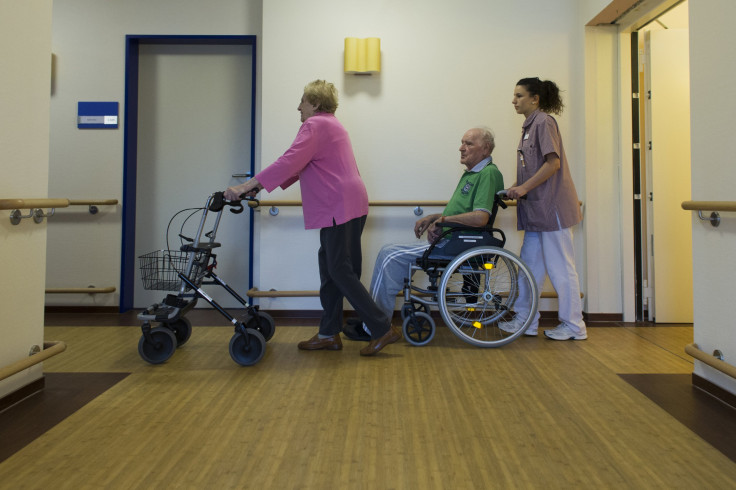How Many Hours Should You Work A Day? Sweden To Drop 6-Hour Workday Experiment Citing High Costs

Sweden will abandon its two year experiment on the six-hour work day after findings revealed that the costs outweigh the benefits. The experiment involved shortening work hours but maintaining pay levels for nurses at an old people’s home in the city of Gothenburg.
While there were improvements in patient care and nurses reported feeling healthier thereby reducing the number of sick leaves they took, making the measure a permanent one or expanding the experiment would cost the Gothenburg city council much more money and would require funds from the national government.
“It’s associated with higher costs, absolutely,” Daniel Bernmar, the leader of the Left party running the trial at the Svartedalen old people’s home, told Bloomberg. “It’s far too expensive to carry out a general shortening of working hours within a reasonable time frame.”
In order to maintain the staff’s shortened working hours, the home had to employ 17 extra people costing them nearly 12 million kronor ($1.3 million). However, Bernmar, whose party pushed for the experiment at Svartedalens, dismissed reports calling the experiment a failure.
“It still remains to be seen whether the economic costs of reduced working hours outweigh the benefits. The costs of the trial for the public economy were actually half of what we thought they would be,” he told the Guardian.
The final set of findings is expected in March but the latest report said unemployment costs were slashed by 4.7 million kronor during the first 18 months of the experiment thanks to the added hiring.
“I personally believe in shorter working hours as a long-term solution,” Bernmar said. “The richer we become, the more we need to take advantage of that wealth in other ways than through a newer car or higher consumption.”
Cutting work hours has proved beneficial in terms of addressing issues like health, overwork, unemployment and inequality. The U.S. is one of the few countries that does not require employers to offer paid parental leave or paid time off. A report by market research firm Harris Interactive and careers website Glassdoor found that Americans only take half of their total paid vacation days.
“Americans are among the hardest working people in the world,” Mark Hamrick, the Washington, D.C. bureau chief at Bankrate.com, told MarketWatch.
© Copyright IBTimes 2025. All rights reserved.






















